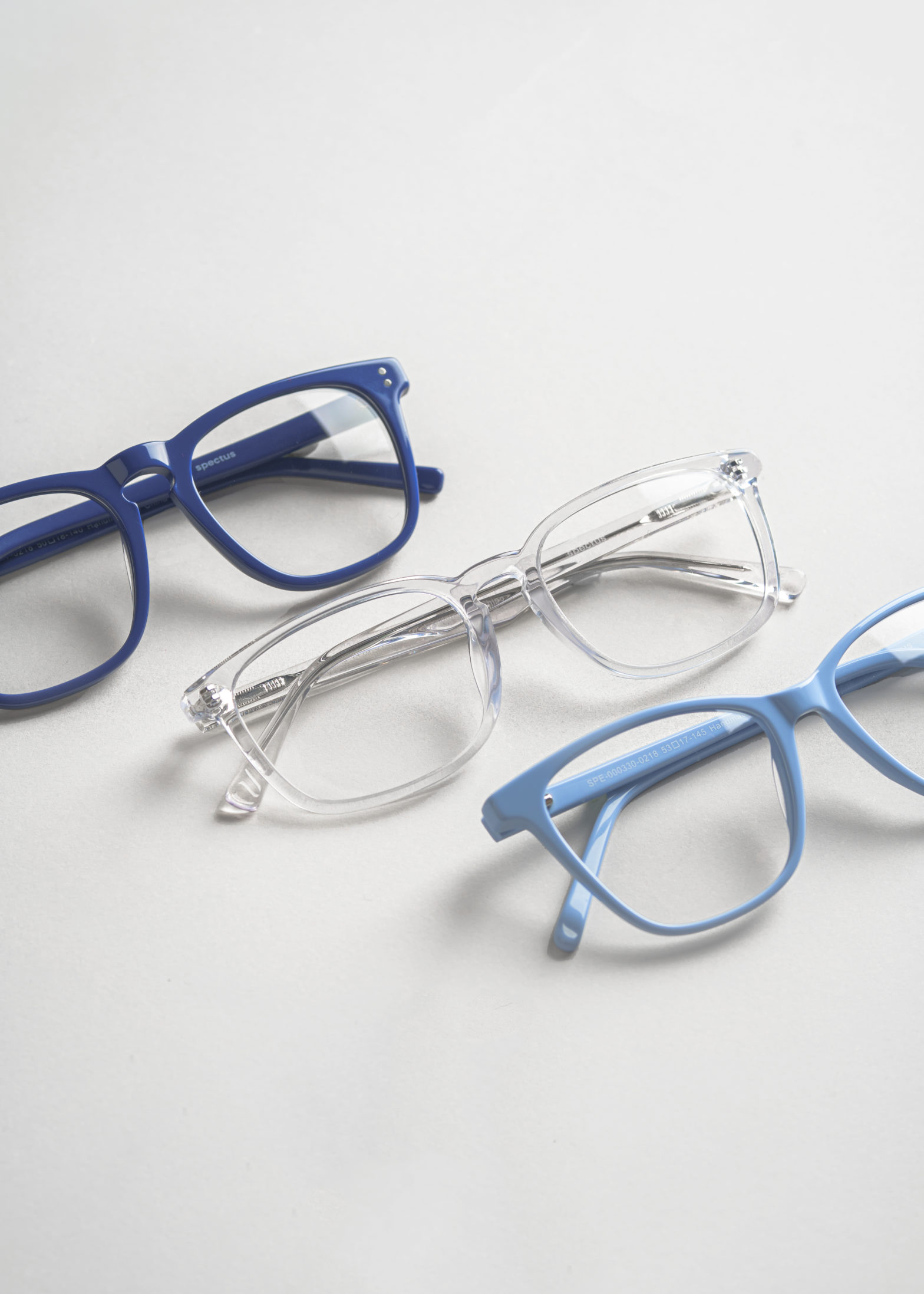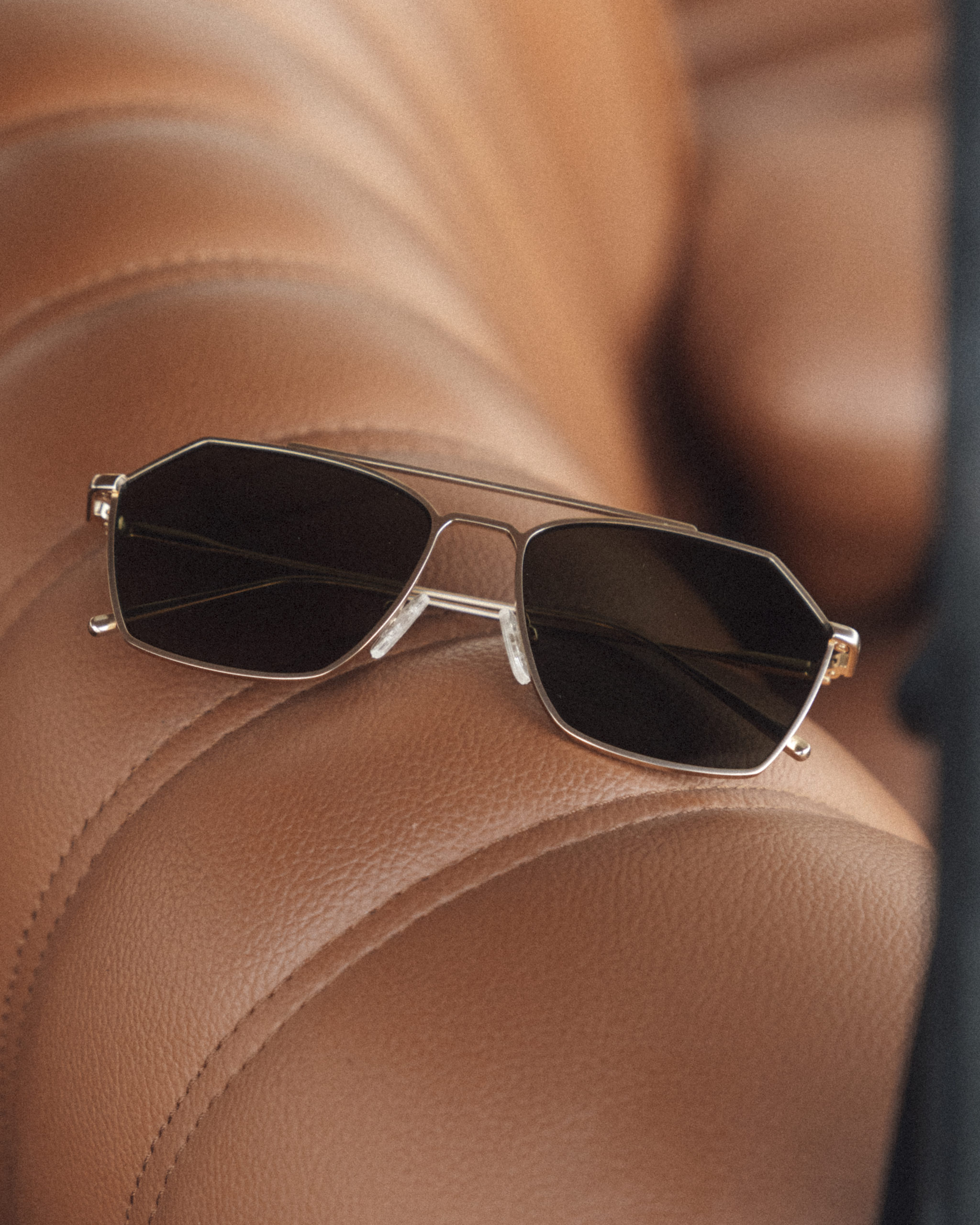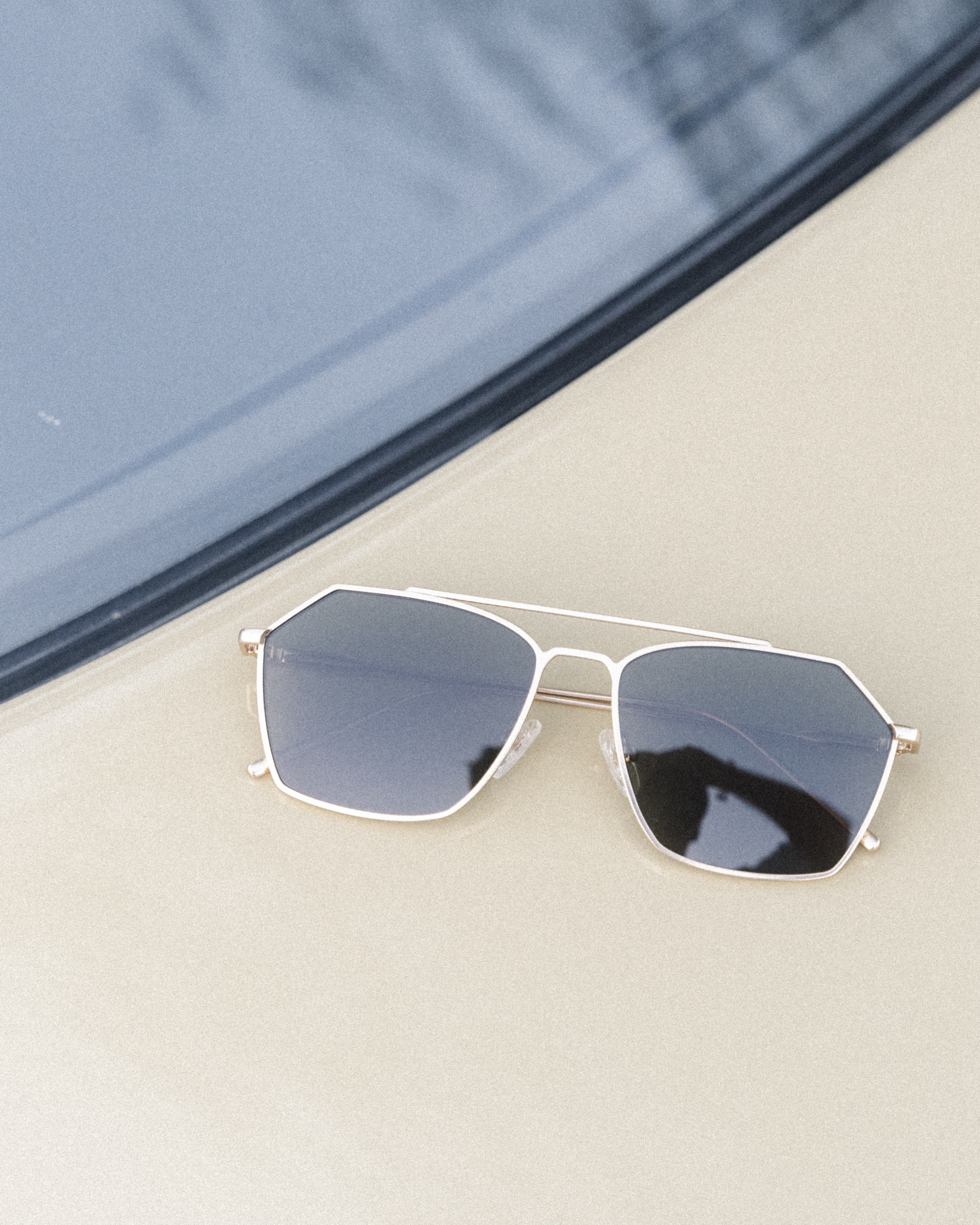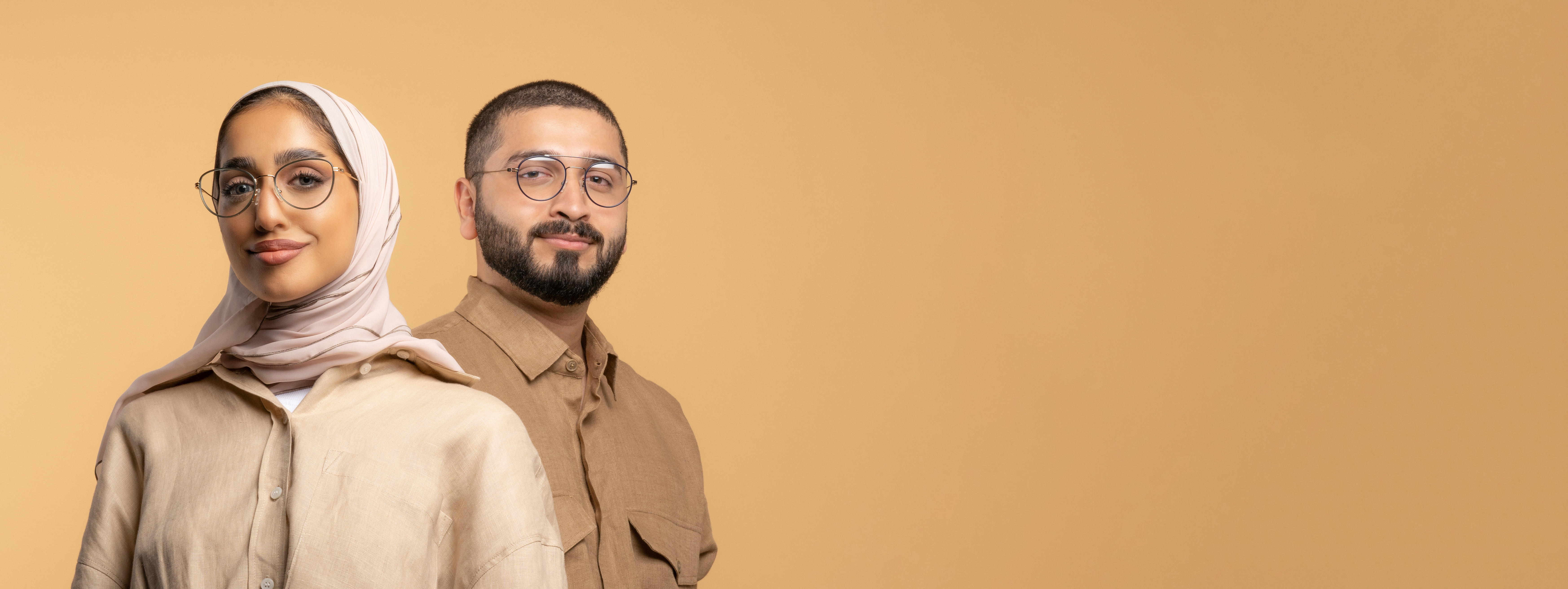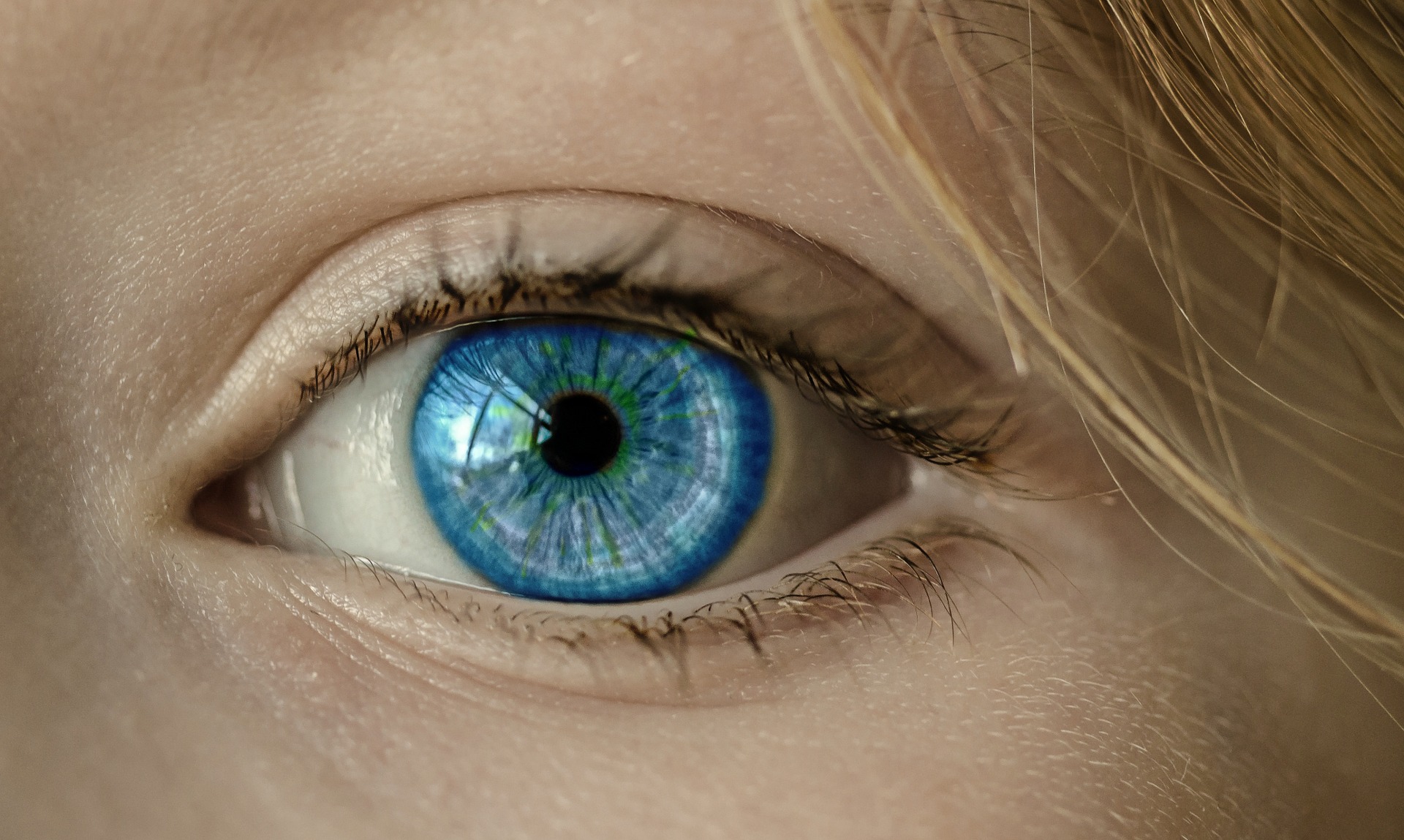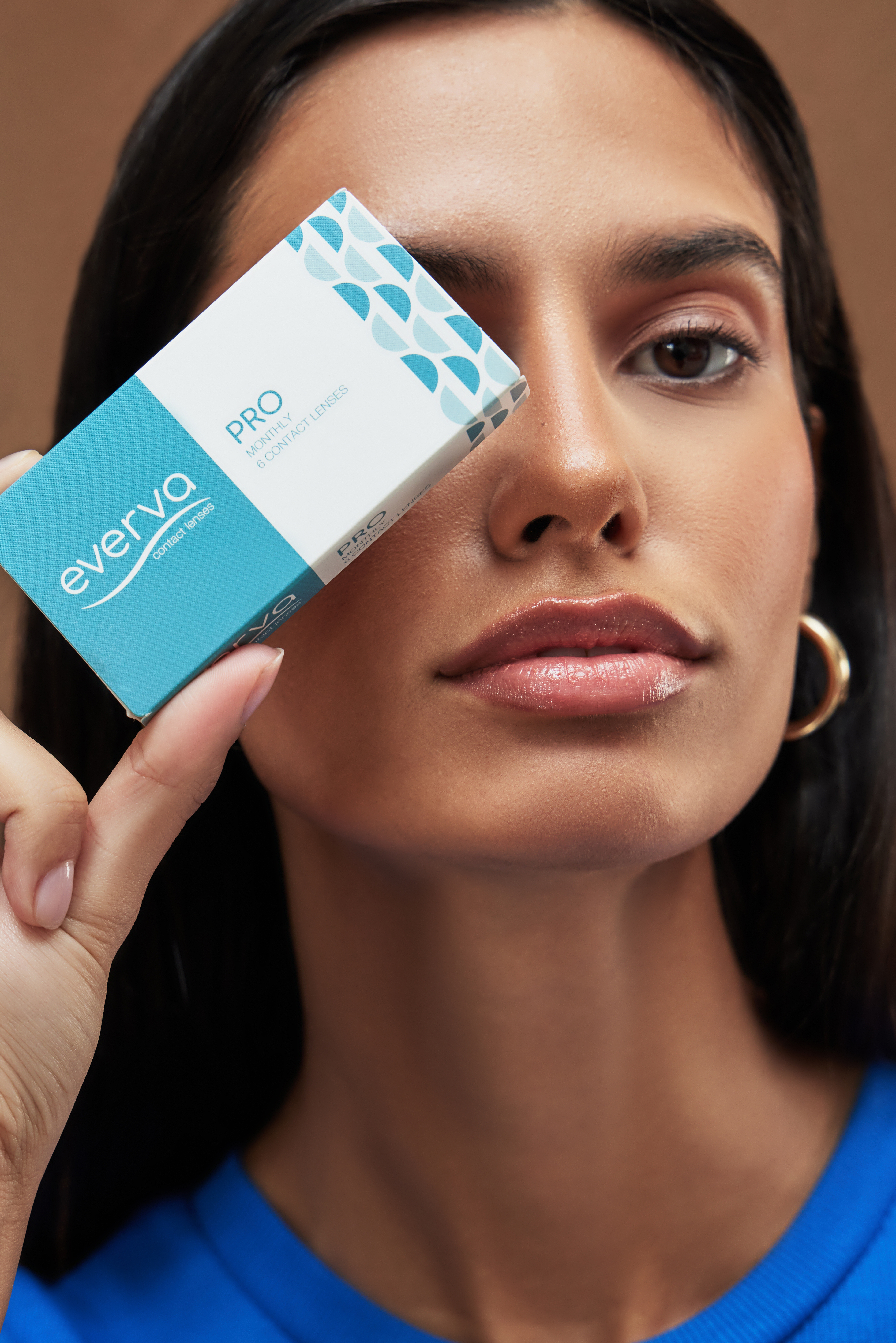Reading Glass Strength: All You Need To Know
Introduction
When it comes to improving our eyesight and savoring the small joys in life, a trusty pair of reading glasses can really make a difference. These handy little accessories not only shield our eyes but also make reading and close-up tasks super easy. But with so many choices out there, it’s important to take a careful approach when finding the right pair. One crucial thing to keep in mind is the strength of reading glasses, which determines how much they magnify.
Reading glass’s strength is all about how much they magnify, helping with presbyopia, which makes it harder to focus on close-up things as we get older. If we get how it’s measured and how it affects our eyesight, we can make better choices for easier reading. In this article, we’ll talk about why picking the right reading glasses strength matters, help you find your perfect fit, and point out some common mistakes. Let’s start our journey to better vision and comfy reading!
 Three reading glasses on display (spectus2147)
Three reading glasses on display (spectus2147)
Understanding Reading Glasses Strength
When it comes to figuring out the strength of reading glasses, it’s like having a little magnifying glass to give your eyes a boost. Reading glasses are super handy because they make stuff up close look bigger and sharper. They measure the strength of these glasses in a value called “diopters,” which tells you how much extra magnification they give your eyes. Essentially, the higher the number, the more they’ll help you see.
How it works is if your reading glasses have a strength of +1.00 diopter, they help your eyes focus better on nearby things by magnifying them a little bit. And if they’re +2.00 diopters, they have double the magnification power, which is great for folks who need extra help with up-close tasks. In contrast, if you’ve got reading glasses with a -1.00 diopter strength, that means they’re made for folks who struggle to see faraway things. These lenses, with negative diopters, help fix nearsightedness by clearing up the blurry vision of distant objects.
 Man and woman wearing Eyewa reading glasses (Eyewa)
Man and woman wearing Eyewa reading glasses (Eyewa)
How to Determine Your Reading Glasses Strength
Figuring out the right reading glasses strength isn’t too tricky, but it does take some know-how. If you want the simplest way, head to an optometrist for a thorough eye exam. They’ll run tests to check your vision and give you a prescription if needed. Professionals can also help you with understanding reading glasses prescription. But if you prefer doing it yourself, a reading glasses power chart can be super helpful.
A reading glasses power chart usually has lines with different font sizes. Just hold the chart at a comfy reading distance (around 14-16 inches) and try reading the text without squinting. Start with a lower strength, like +1.00 D, and gradually go up until you can comfortably read the smaller lines. While it may not always be 100% accurate, most people can get a grasp on their strengths with this home test.
 Woman wearing reading glasses (Windsor_7831)
Woman wearing reading glasses (Windsor_7831)
Factors to Consider When Choosing Reading Glasses Strength
If you’re having trouble figuring out your strength or think it may have changed, there are many factors you can consider or a clear understanding. Some important things to think about regarding your reading glass strength are:
Age
Once you hit your 40s, it’s pretty common to start having trouble focusing on stuff up close (thanks, presbyopia!). That might mean it’s time to get some reading glasses for those close-up tasks.
Existing Eye Conditions
Many people have eye conditions that can affect reading glasses power. For example, astigmatism and nearsightedness need to be considered when deciding on your strength.
Prescription Glasses
If you already rock some prescription glasses for seeing far away, you might need some fancy bifocal or progressive reading glasses to handle both keeping things close and far. These super glasses give you the ease of just one pair for all your visual needs, so you’ll have perfect vision all day long. Another option you can consider is corrective contact lenses for a clean look.
 Man wearing reading glasses (SlimTech_7925)
Man wearing reading glasses (SlimTech_7925)
Common Mistakes in Choosing Reading Glasses Strength
Many folks end up with the wrong strength for their reading glasses, despite considering everything. It’s really frustrating and can strain your eyes when you’re trying to focus on nearby objects. To help you out, here are some common mistakes to avoid when picking the right strength:
Relying on Ready-made Readers
While pre-made readers are convenient, they might not be the best choice for your eyes’ strength. They work well as temporary or backup glasses, but for a more accurate and comfy fit, going for custom reading glasses is the way to go.
Self-prescribing Based on Age
Don’t assume that a certain age means you need a certain strength of reading glasses. Everyone’s vision is different- so it’s important to get properly tested or ask an eye care pro for guidance to find the right strength.
Ignoring Underlying Eye Conditions
Neglecting to account for any eye conditions can result in choosing the wrong strength for reading glasses. Getting an eye exam will pinpoint any problems and provide an accurate prescription that is tailored to your individual visual needs.
Neglecting Professional Advice
It’s super important to see an eye doctor when you’re trying to get the perfect strength for your reading glasses. They’ll give you personalized advice based on what you need to see perfectly and be super comfy while reading.
At Eyewa, we understand the importance of finding the perfect reading glasses to enhance your vision and elevate your reading experience. With our wide range of high-quality reading glasses, you can discover the ideal strength that suits your needs. If you’re into square glasses or cat-eye frames, we’ve got you covered. Make sure you don’t miss the chance to up your reading game. Check out our awesome collection at Eyewa now!
 Hand holding reading glasses (EYEWA1556)
Hand holding reading glasses (EYEWA1556)
Frequently Asked Questions
How do I know what strength of reading glasses I need?
To figure out your reading glasses strength, you can either swing by the eye doctor for an exam or check out a reading glasses power chart to find the right strength.
Can I use ready-made readers if I’m not sure about my strength?
Ready-made readers work for a while, but custom reading glasses offer the ultimate comfort and fit.
Can I wear reading glasses if I already have prescription glasses?
If you wear glasses with a prescription for distance vision, you might need some reading glasses that have bifocal or progressive lenses. This way, you can take care of both your near and far vision needs. For daytime wear, you can also get prescription sunglasses made.
Conclusion
Choosing the right reading glasses strength is crucial to improve your vision and comfort while reading. Knowing how reading glasses strength is measured and finding the right strength through methods like a reading glasses power chart or seeking professional advice can make a big difference. Consider your age and any existing eye conditions and avoid common mistakes to ensure your reading glasses fit well. Once you have the right reading glasses strength, head over to Eyewa to find some of the best reading glasses for your eyes!

